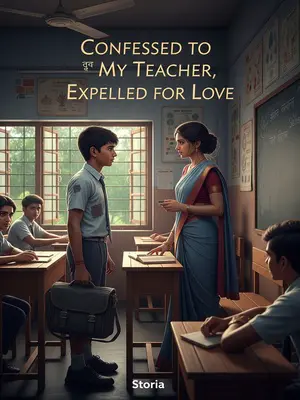Chapter 2: Engineering Dreams, Mumbai Reality
As a mechanical engineering undergraduate, if you didn’t want to work in a factory, your degree felt as useful as a steel tiffin with holes—good for nothing but begging for leftovers.
Sometimes I’d stare at my engineering books and sigh, thinking they’d fetch more as raddi. If I told someone in my hometown I was a mechanical engineer, they’d beam, "Wah beta, gaadi banaoge!" But here, in the real world, gaadi toh chali gayi.
When I looked at job fair listings for mechanical companies, my heart twisted with frustration.
The printouts looked as faded as my hopes. Sometimes, just reading those job ads gave me a headache—like bad chai, full of dregs and no sweetness.
Monthly salary: ₹18,000, with performance bonuses. Accommodation provided, but meals not included. Take-home pay: 30,000+.
Is that performance bonus calculated by sending me to the border to rescue hostages? Even in some remote part of Chhattisgarh, they wouldn’t dare scam people so openly.
Ha! Even the local kirana store owner would laugh at this. When my friend from Bhilai read this, he joked, "Yaar, bandook le aate toh sahi tha."
Monthly salary: ₹15,000, meals and accommodation included, room for growth.
That factory’s so tiny, and you’re telling me there’s room for career development?
Growth? Haan, fungus bhi toh grow karta hai.
This is the age-old dilemma for undergraduates: government exam or graduate school?
In every Indian household, that’s the family debate after dinner. My chacha-ji would say, “Sarkari naukri karo, beta.” But for us mechies, sarkari naukri is like finding gold in Yamuna.
But for mechanical engineering students, it’s not even a real dilemma. There are no government posts for us, so graduate school is the only path.
So, I quietly joined the ranks of those preparing for the GATE exam.
GATE ka syllabus toh aisa lagta tha, jaise pura desh ka bojh mere sir pe aa gaya. My WhatsApp DP even became a picture of coffee mugs and notes.
My family wasn’t well-off. My parents scrimped and saved to get me through four years of college. Now that I’d finally graduated, I was supposed to ease their burden, not add to it. I felt too embarrassed to ask them for more money, so I took on odd part-time jobs—just enough to keep from starving—and got a taste of both the bright and dark sides of society.
Sometimes I’d deliver food at night, sometimes tutor a neighbour’s kid. I’d seen the oily hands of auto mechanics, the haggling uncles at fruit stalls, the tired eyes of city guards. All of it toughened me, made me miss home-cooked dal, and taught me that life outside the hostel was a different syllabus altogether.



